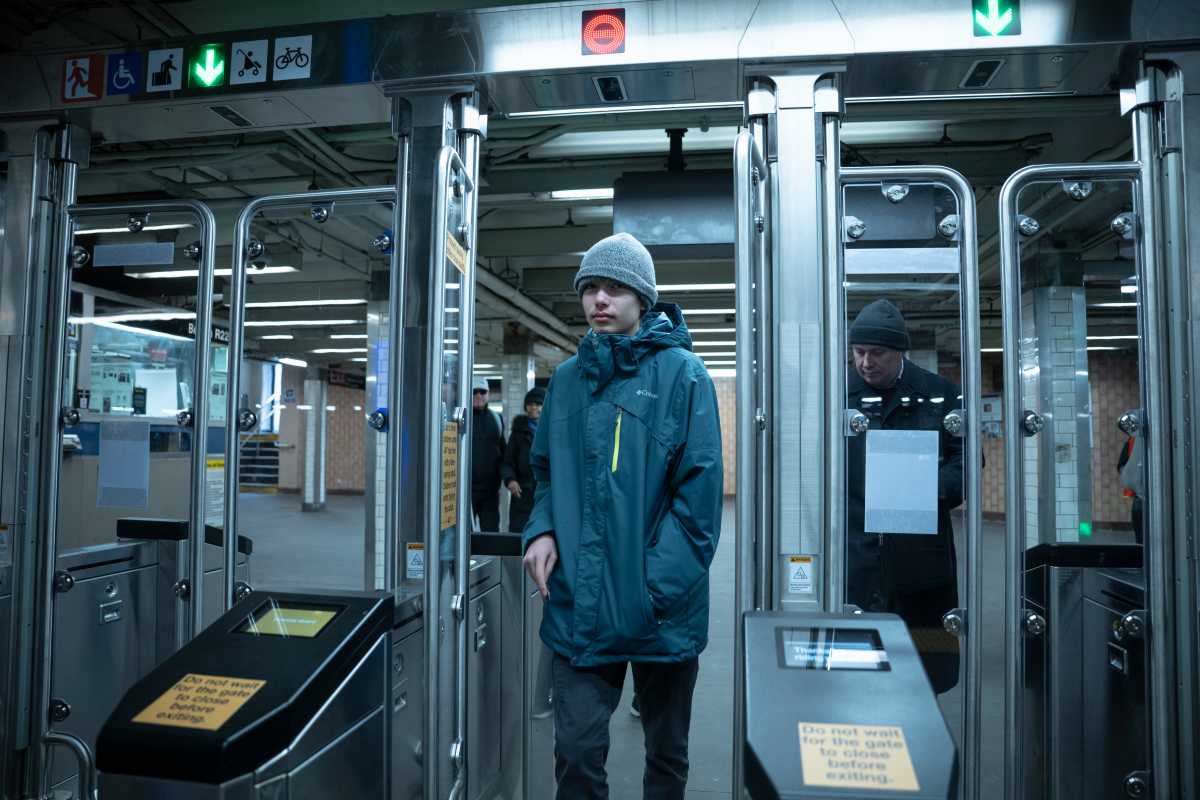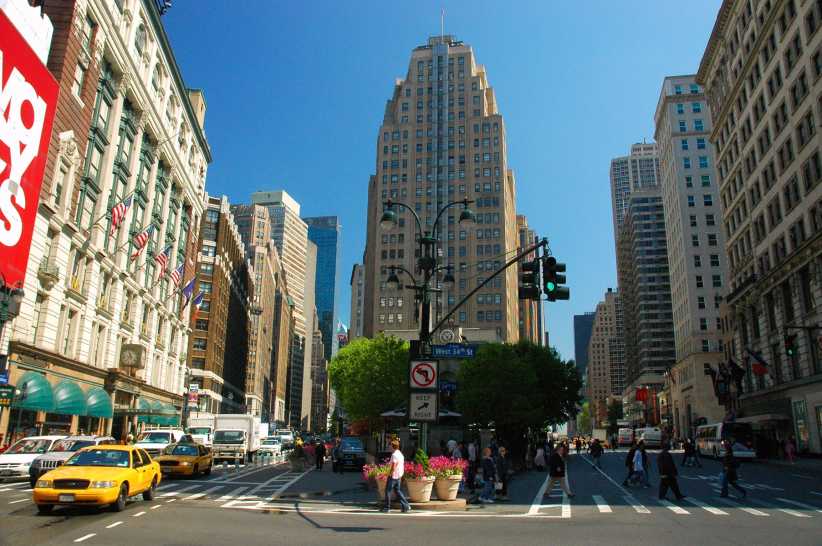Nearly seven weeks after the state’s 58 percent cigarette excise tax hike, numbers show convenience stores are hurting.
The bill approved by New York State legislatures and signed into effect by Governor David A. Paterson on July 1 increased the excise cigarette tax rate from $2.75 to $4.35 per pack, giving New York the highest state excise cigarette tax rate in the nation.
City residents already pay a $1.50 per pack municipal tax. In total, the $5.85 excise tax for Queens’ residents is bringing cigarette prices up to as much as $15 at certain convenience stores.
Reports from the New York State Association of Convenience Stores (NYACS) show stores averaged a 25 to 35 percent drop in cigarette sales in the month of July while stores near state borders and tribal outlets lost up to 45 percent in sales.
At the same time, Indian reservations and stores in nearby states experienced up to 300 percent increases in cigarette sales. New York residents are looking for cigarettes in bordering states such as New Jersey and Pennsylvania where state excise taxes are $2.70 and $1.60 per pack, respectively.
The Native American reservation stores will face the same problem starting September 1, when the state will begin to require the pre-taxation of cigarette wholesalers prior to the sale made to reservation stores.
"New York State has now increased its cigarette excise 691 percent in the past 10 years without closing off readily available channels for dodging that tax," said NYACS President James Calvin. "As a consequence, we’re approaching the point where two-thirds of the cigarettes consumed in New York are purchased without collection of any New York State tax whatsoever. Law-abiding stores like ours lose enormous amounts of business, state and local governments lose hundreds of millions in tax revenue, and public health loses because the financial incentive to quit is easily and routinely circumvented."
Calvin also said that anyone on the notion that the 25 to 35 percent drop in sales is on the account of smokers quitting "is in Lah Lah Land. Two or three percent, maybe as many as five percent have quit smoking. The rest just quit coming to our stores but continue to smoke cigarettes they found cheaper elsewhere."
"It has one good quality and one really bad quality. The good quality is it will cause people like me to stop smoking,” said smoker George Vazquez of Whitestone. “The bad quality is it isn’t good to overtax any product, especially one with addictive qualities such as cigarettes.”































